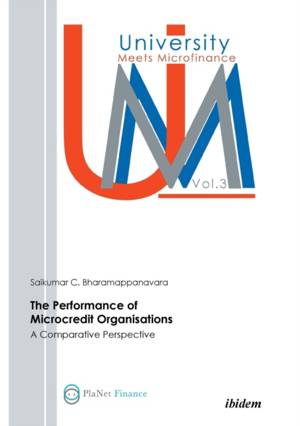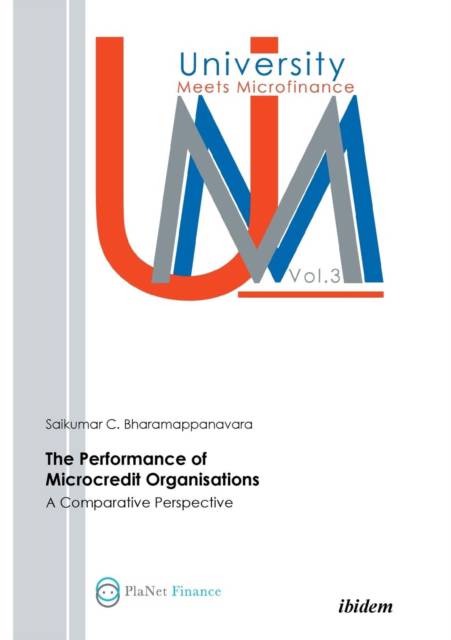
Bedankt voor het vertrouwen het afgelopen jaar! Om jou te bedanken bieden we GRATIS verzending (in België) aan op alles gedurende de hele maand januari.
- Afhalen na 1 uur in een winkel met voorraad
- In januari gratis thuislevering in België
- Ruim aanbod met 7 miljoen producten
Bedankt voor het vertrouwen het afgelopen jaar! Om jou te bedanken bieden we GRATIS verzending (in België) aan op alles gedurende de hele maand januari.
- Afhalen na 1 uur in een winkel met voorraad
- In januari gratis thuislevering in België
- Ruim aanbod met 7 miljoen producten
Zoeken
€ 44,95
+ 89 punten
Omschrijving
Self-Help Group (SHG) microcredit is emerging as a springboard of developmental finance for Income Generating Activities (IGAs) in rural areas of India, serving the cause of the landless, small, and marginal households. SHG peer pressure is the primary driver of impressive repayment performance. Present field research in India reveals that homogeneity of SHG members and freedom of participation in SHG deliberations are primarily responsible for strengthening collective action. Specifically, the savings and loan per capita, satisfactory performance of organisation, awareness of SHG linkage, the family size, and age-induced responsibility were found to strongly influence the economic performance of SHGs. These are the key drivers of sustainability of SHGs for their welfare.
Using empirical evidence, Saikumar C. Bharamappanavara demonstrates the emergence of prime factors determining the performance of SHGs in India by examining their organisational behaviour and recommends appropriate policies for social cloning.
Using empirical evidence, Saikumar C. Bharamappanavara demonstrates the emergence of prime factors determining the performance of SHGs in India by examining their organisational behaviour and recommends appropriate policies for social cloning.
Specificaties
Betrokkenen
- Auteur(s):
- Uitgeverij:
Inhoud
- Aantal bladzijden:
- 180
- Taal:
- Engels
- Reeks:
- Reeksnummer:
- nr. 3
Eigenschappen
- Productcode (EAN):
- 9783838201214
- Verschijningsdatum:
- 1/12/2010
- Uitvoering:
- Paperback
- Afmetingen:
- 150 mm x 210 mm
- Gewicht:
- 236 g

Alleen bij Standaard Boekhandel
+ 89 punten op je klantenkaart van Standaard Boekhandel
Beoordelingen
We publiceren alleen reviews die voldoen aan de voorwaarden voor reviews. Bekijk onze voorwaarden voor reviews.









